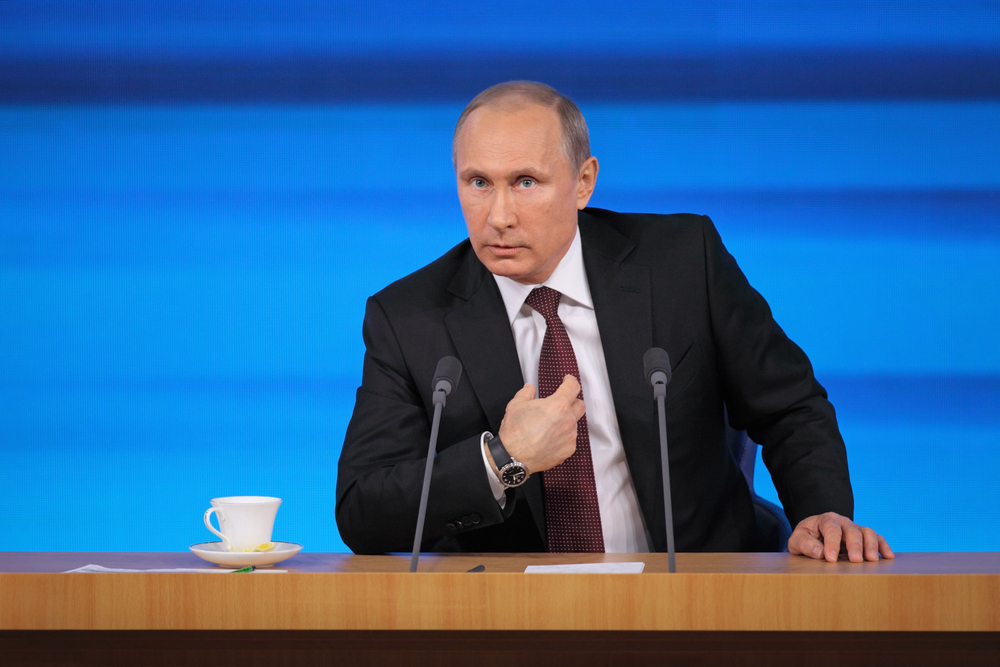Breaking
Russia to block US agricultural imports
MOSCOW — Russian President Vladimir Putin on Wednesday hit back hard against countries that have imposed sanctions over the Ukraine crisis, ordering trade cuts that an official said would include a ban on all imports of agricultural products from the United States.
The full list of products to be banned or limited for up to one year is to be published Thursday. But the state news agency RIA Novosti quoted Alexei Alexeenko of Russia’s plant and veterinary oversight service as saying “from the USA, all products that are produced there and brought to Russia will be prohibited.”
Alexeenko also was quoted as saying he thinks all fruits and vegetables from European Union countries will also be banned.
The move follows the latest round of sanctions against Russia imposed by the EU last week, which for the first time targeted entire sectors of the Russian economy.
President Barack Obama said in a news conference Wednesday that U.S. sanctions against Russia over its actions in Ukraine are straining the Russian economy, which has “ground to a halt.”
The U.S. and the EU have accused Russia, which annexed Ukraine’s Crimean Peninsula in March, of fomenting tensions in eastern Ukraine by supplying arms and expertise to a pro-Moscow insurgency, and have imposed asset freezes and loan bans on a score of individuals and companies.
White House spokeswoman Laura Lucas Magnuson decried the move, saying “Retaliating against Western companies or countries will deepen Russia’s international isolation, causing further damage to its own economy.
”
Russia depends heavily on imported foodstuffs – most of it from the West – particularly in the largest and most prosperous cities such as Moscow. Food and agricultural imports from the U.S. amounted to $1.3 billion last year, according to the U.S. Department of Agriculture, and in 2013 the EU’s agricultural exports to Russia totaled 11.8 billion euros ($15.8 billion).
Putin’s order says the limits are being imposed “with the goal of guaranteeing the security of the Russian Federation” and calls for undertaking measures to guard against quick price hikes.
The order appears to show that Russia, although increasingly suffering the effects of Western sanctions, is disinclined to back down on Ukraine. Russia denies allegations that it is supporting the Ukrainian rebels or supplying them with equipment and has rejected claims that its artillery has been firing from across the border.
As tensions over Ukraine rise, a respected newspaper this week cited unnamed sources as saying Russia is considering closing its airspace to European carriers flying to Asia.
The report sent the stocks of some airlines sharply lower.
Russian Foreign Minister Sergey Lavrov on Wednesday said he wouldn’t comment on “rumors” of airspace being closed, but said “our Western partners should think about their companies and their citizens,” the Interfax news agency reported.
Russia last week banned the import of apples and some other fruits from Poland, saying this was because of sanitary concerns, but raising speculation that the move was in retaliation for Poland’s support of the Ukrainian authorities.
Josh Lederman and Mary Clare Jalonick in Washington contributed to this report.






















